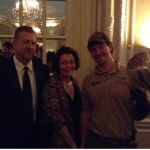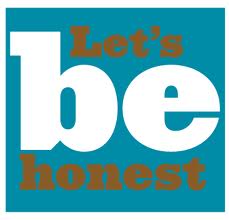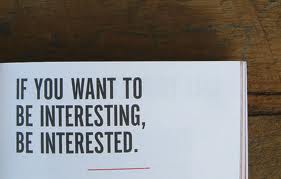 Saturday evening we attended Zootopia 2013, an event celebrating the Franklin Park Zoo’s centennial and Zoo New England. It was fun and inspirational. Live animals, inspiring people and unique stories combined to produce an engaging evening.
Saturday evening we attended Zootopia 2013, an event celebrating the Franklin Park Zoo’s centennial and Zoo New England. It was fun and inspirational. Live animals, inspiring people and unique stories combined to produce an engaging evening.
Branded leadership was everywhere. I truly love to talk to people who have passion for what they do. The marketplace loves it, too! A person’s palpable uniqueness and authenticity excites, engages, and connects people.
I was most inspired by the owl handler’s love for his job, his strong brand and the immediate impact of his leadership. You can see in the photo he enjoys what he does. His voice, eyes and energy share and highlight not only his brand, but also his keen knowledge of of the critical element that helps strong brands flourish — face-to-face time with clients, supporters, and professional contacts. This time is important for him, the barn owl, and the organization they represent.
It was clear that the entire Zoo New England team (zookeepers, animal trainers, business development staff and board members) understood that uniqueness unlocked allows life to flourish, fun to blast forward and amazing results to occur. They truly inspired themselves and the event attendees with their passion for what they do.
Do you inspire yourself? Why do you do what you do? Do you share your vision, passion and mission with others? Who else have you inspired to share your story?
Here are just some of the people telling the Zoo New England story to the world: Jeff Corwin, Anna Rose Rudy, Robin Young, Adam Crellin-Sazama and Beau. And, clearly they are inspiring others to tell the story, too.
Is it time to build your brand equity and inspire others? Who is shouting about what you do and how you and your team are unique?
If you need help to leverage your uniqueness, do what you love, and inspire others, give me a call.











